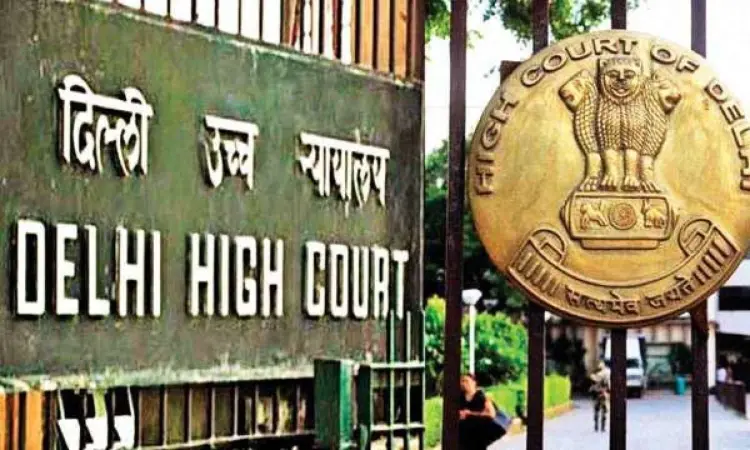- Home
- Medical news & Guidelines
- Anesthesiology
- Cardiology and CTVS
- Critical Care
- Dentistry
- Dermatology
- Diabetes and Endocrinology
- ENT
- Gastroenterology
- Medicine
- Nephrology
- Neurology
- Obstretics-Gynaecology
- Oncology
- Ophthalmology
- Orthopaedics
- Pediatrics-Neonatology
- Psychiatry
- Pulmonology
- Radiology
- Surgery
- Urology
- Laboratory Medicine
- Diet
- Nursing
- Paramedical
- Physiotherapy
- Health news
- Fact Check
- Bone Health Fact Check
- Brain Health Fact Check
- Cancer Related Fact Check
- Child Care Fact Check
- Dental and oral health fact check
- Diabetes and metabolic health fact check
- Diet and Nutrition Fact Check
- Eye and ENT Care Fact Check
- Fitness fact check
- Gut health fact check
- Heart health fact check
- Kidney health fact check
- Medical education fact check
- Men's health fact check
- Respiratory fact check
- Skin and hair care fact check
- Vaccine and Immunization fact check
- Women's health fact check
- AYUSH
- State News
- Andaman and Nicobar Islands
- Andhra Pradesh
- Arunachal Pradesh
- Assam
- Bihar
- Chandigarh
- Chattisgarh
- Dadra and Nagar Haveli
- Daman and Diu
- Delhi
- Goa
- Gujarat
- Haryana
- Himachal Pradesh
- Jammu & Kashmir
- Jharkhand
- Karnataka
- Kerala
- Ladakh
- Lakshadweep
- Madhya Pradesh
- Maharashtra
- Manipur
- Meghalaya
- Mizoram
- Nagaland
- Odisha
- Puducherry
- Punjab
- Rajasthan
- Sikkim
- Tamil Nadu
- Telangana
- Tripura
- Uttar Pradesh
- Uttrakhand
- West Bengal
- Medical Education
- Industry
How will you integrate allopathy, ayurveda, yoga, homoeopathy in Medical Education and Practice? Delhi HC asks Government

Delhi High Court
"An integrated health system is the only solution to achieve the sustainable health goal of India," the petition said, adding that the commonly-preferred allopathic medicines comprise approximately 40 per cent plant-derived components (USDA Forest Service 2021).
New Delhi: Stressing the need for the adoption of an ''Indian holistic approach'' in medical education and practice rather than a "colonial segregated way" of different streams of allopathy, ayurveda, yoga and homoeopathy, the Delhi High Court directed several Union ministries to file their reply to the plea within six weeks.
The Delhi High Court on Monday granted more time to several Union ministries to file their replies to a petition for the adoption of an ''Indian holistic approach'' in medical education and practice, instead of the "colonial segregated way" of having different streams of allopathy, ayurveda, yoga and homoeopathy.
A bench of Chief Justice Satish Chandra Sharma and Justice Sachin Datta gave six weeks to the ministries of health and family welfare, women and child development, home affairs and law and justice to file their responses to the petition.
The bench listed the matter for further hearing on July 6. During the hearing, the counsel for the Union Ayush ministry said they have already filed their reply on record.
"Reply has been filed by respondent no. 2 (Ayush ministry) only. Other respondents have not filed their replies. Let others also file it within six weeks," the court said.
The petition filed by advocate Ashwini Kumar Upadhyay claimed that the adoption of a holistic approach in the medical field, which would be a combination of modern and traditional medicine at the levels of education, training, practice and policies and regulations, would secure the right to health guaranteed under Articles 21, 39(e), 41, 43, 47, 48(a), 51A of the Constitution and improve the country's doctor-to-population ratio as well as strengthen the healthcare sector.
"We have an alternative force of medical professionals who have always been neglected by the government and are capable of providing a supporting hand to uplift our healthcare status.
"There are 7.88 lakh Ayurveda, Unani and Homeopathy (AUH) doctors. Assuming 80 per cent availability, it is estimated that 6.3 lakh AUH doctors may be available for service and considered together with allopathic doctors, it gives a doctor-population ratio of around 1:1,000," the petition said.
It added that an integrated health system is present in several countries, including China, Japan, Korea and Germany, and claimed that the "coordination of all medical systems" will benefit the patients.
It stated that modern medicine practitioners have remained confined to their niche, which has restricted their practice and cannot benefit diseased individuals through the use of other therapeutic regimens.
Laying stress on the negative impact of the "expanded pharmaceutical industry", the petitioner said the "so-called revolutionary medical innovations have in the long run proven to be dangerous, causing severe and long-term side-effects, but the Centre is not introducing a holistic integrated healthcare system".
"An integrated health system is the only solution to achieve the sustainable health goal of India," the petition said, adding that the commonly-preferred allopathic medicines comprise approximately 40 per cent plant-derived components (USDA Forest Service 2021).
"If allopathic medicine is originally made of constituents of AYUSH, then why can we not accept them directly as part of our regular medicinal support system?" it asked.
Also Read:Ayurveda is holistic medical system for healthy living: President
Kajal Rajput joined Medical Dialogues as an Correspondent for the Latest Health News Section in 2019. She holds a Bachelor's degree in Arts from University of Delhi. She manly covers all the updates in health news, hospitals, doctors news, government policies and Health Ministry. She can be contacted at editorial@medicaldialogues.in Contact no. 011-43720751


